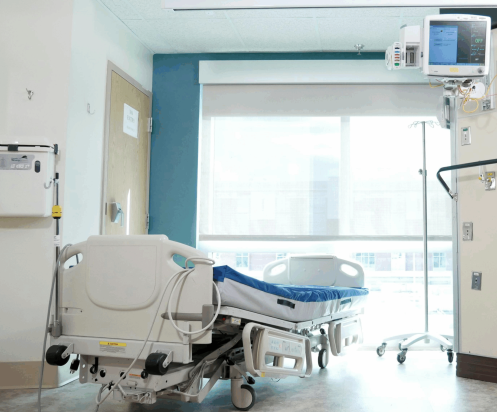
The evidence is clear: alcohol-based nasal antiseptics represent a significant advancement in surgical site infection prevention.

Learn more about the surprising use cases for nasal decolonization, and consider the potential benefits of expanding its use at your hospital.

With the healthcare system as a whole suffering under labor shortages, it begs the question — is there a shortage of EMTs?

There are major roadblocks to disinfecting ambulances and other emergency vehicles that require smarter, more efficient solutions.

In the fight against antibiotic resistance and HAIs, there’s a powerful new way to prevent HAIs and improve patient outcomes.
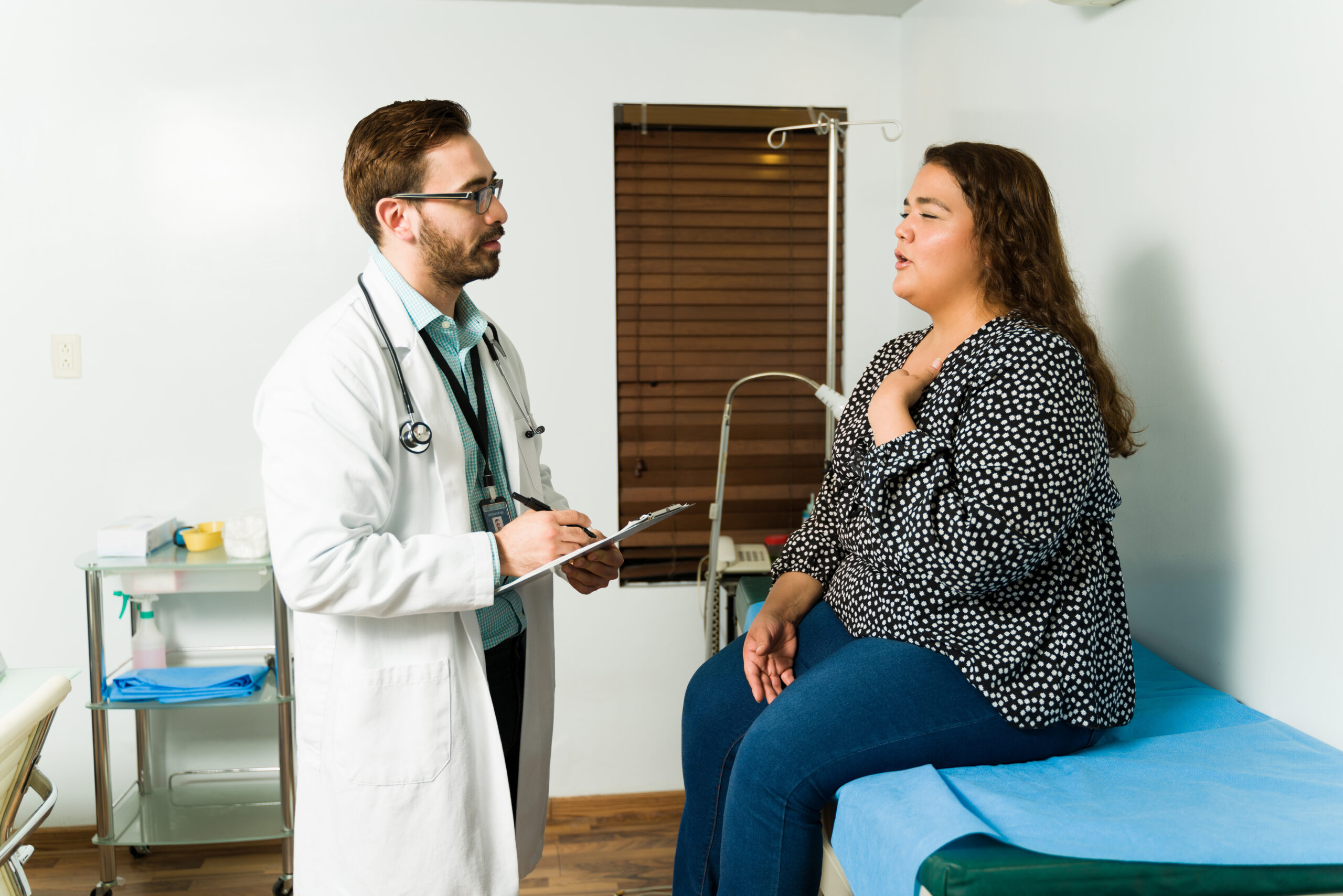
It’s time to protect your patients and employees from this year’s flu season. Here are three steps to keep patients and employees healthy during flu season.
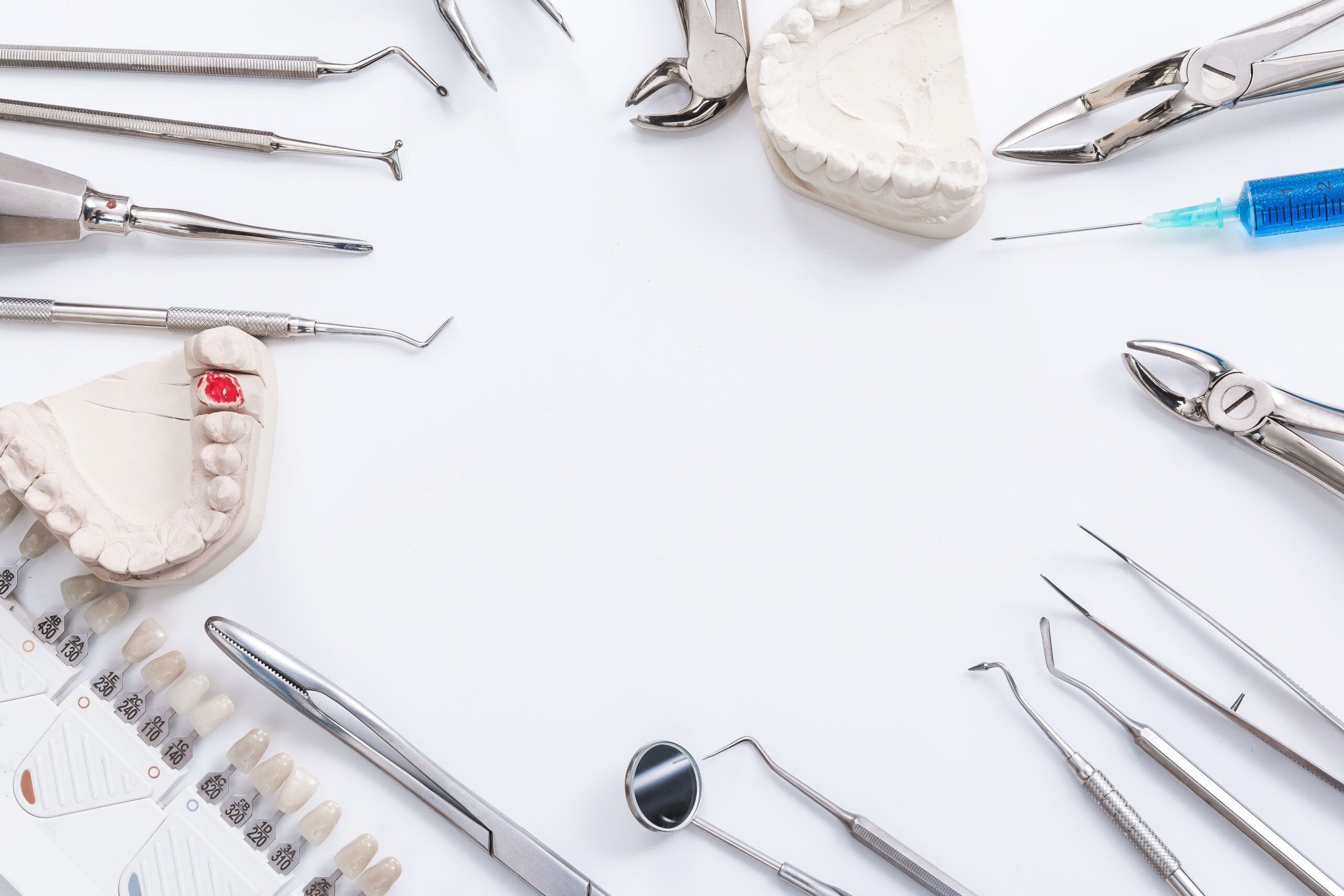
Keep your practice from falling behind in the new era of dental hygiene. Consider hypochlorous acid as your disinfectant solution.
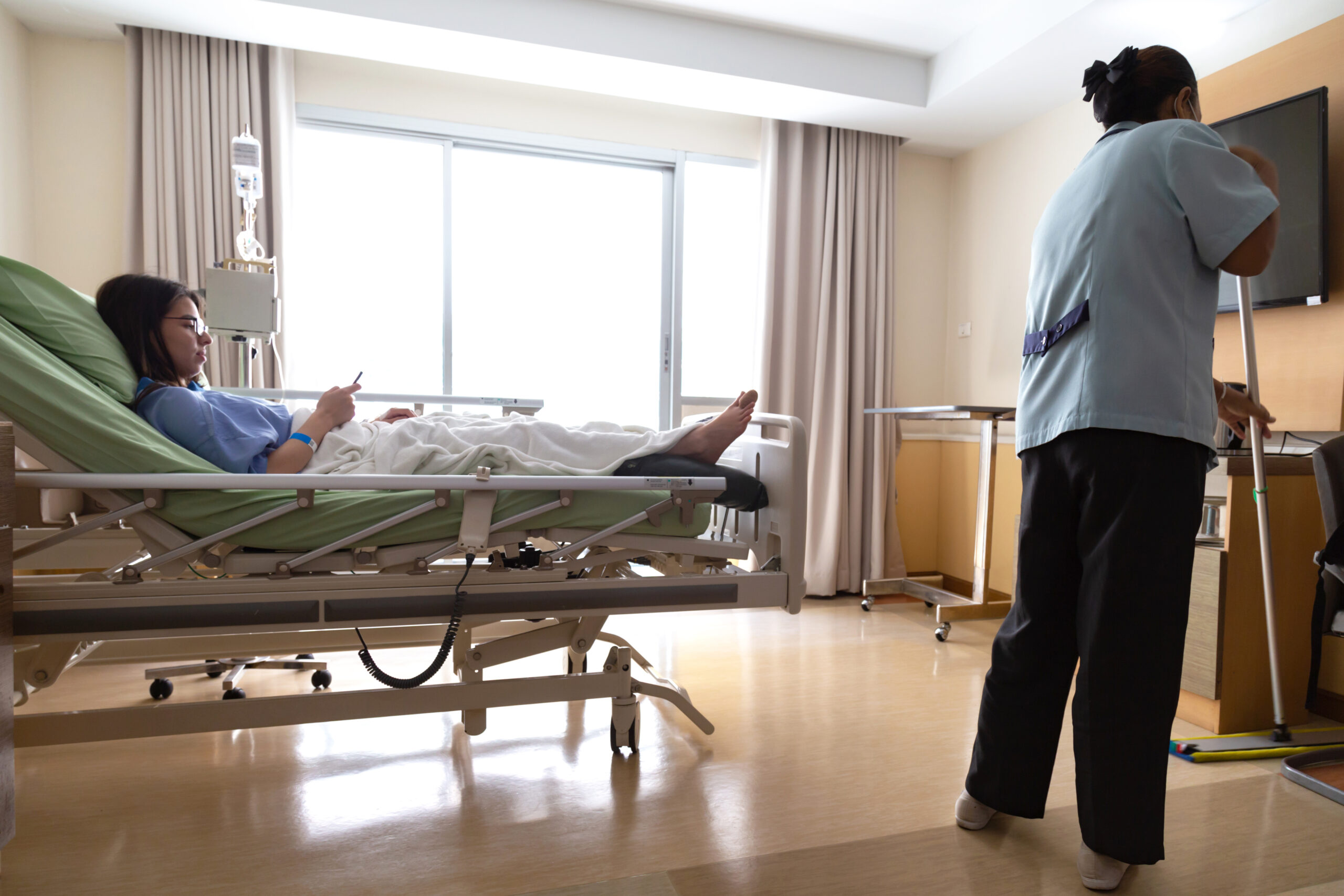
Environmental Services (EVS) Technicians are the often-unseen defenders against this invisible enemy. This week, we celebrate them.

We recently had an opportunity to sit down with Dr. Polley, who chatted with us about his substantial contributions to infection prevention, including the development of SaniiSwab.

Owens & Minor, Inc announces it has partnered with Nevoa to lower the risk of surgical and hospital infections through advanced disinfection technology.
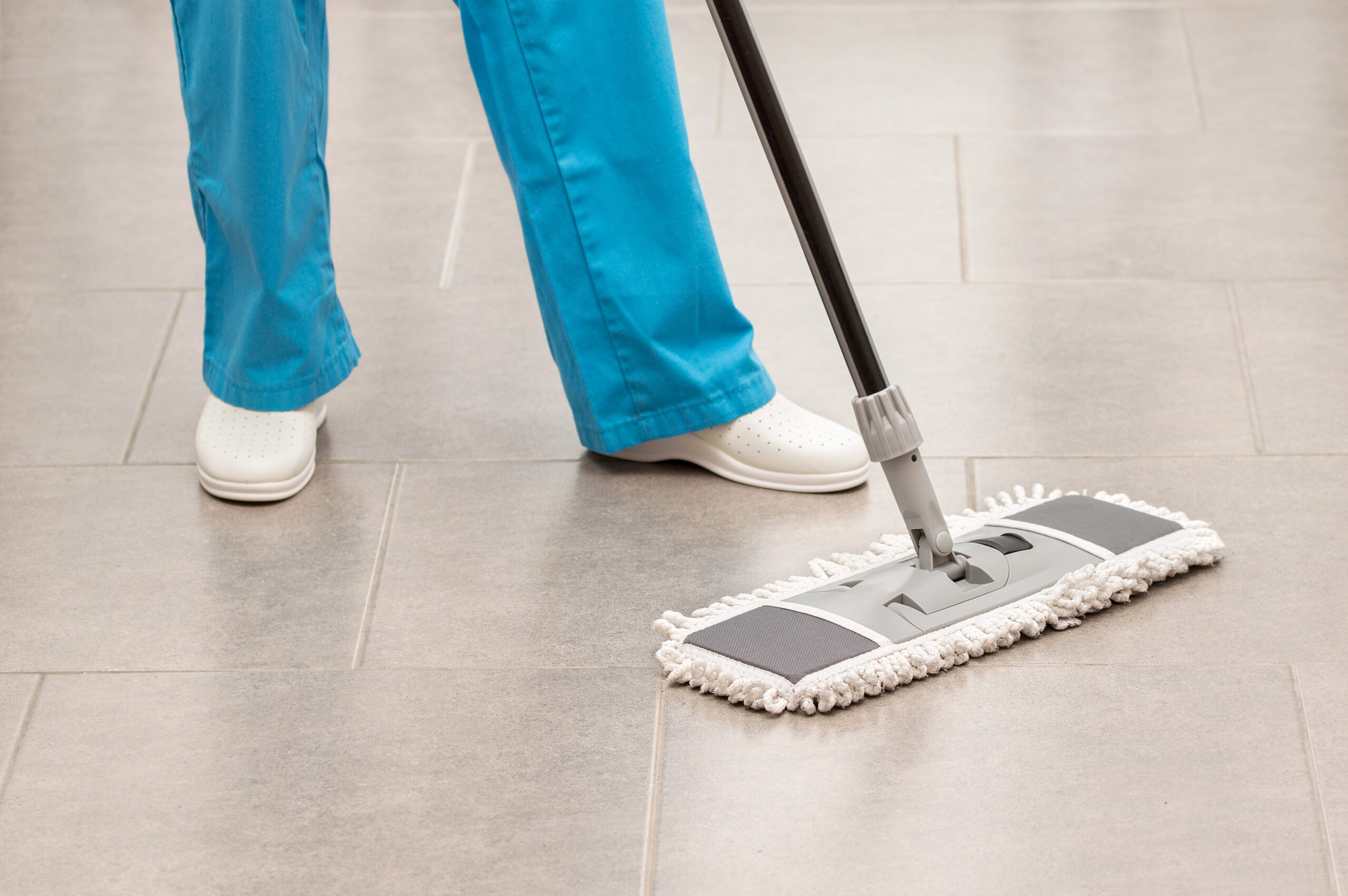
In every healthcare setting, infection prevention is the game within the game. Pathogens come from various sources, but one place that’s often overlooked is the floor.

Healthcare-associated infections (HAIs) are an enormous problem for healthcare providers, their patients, and their communities.
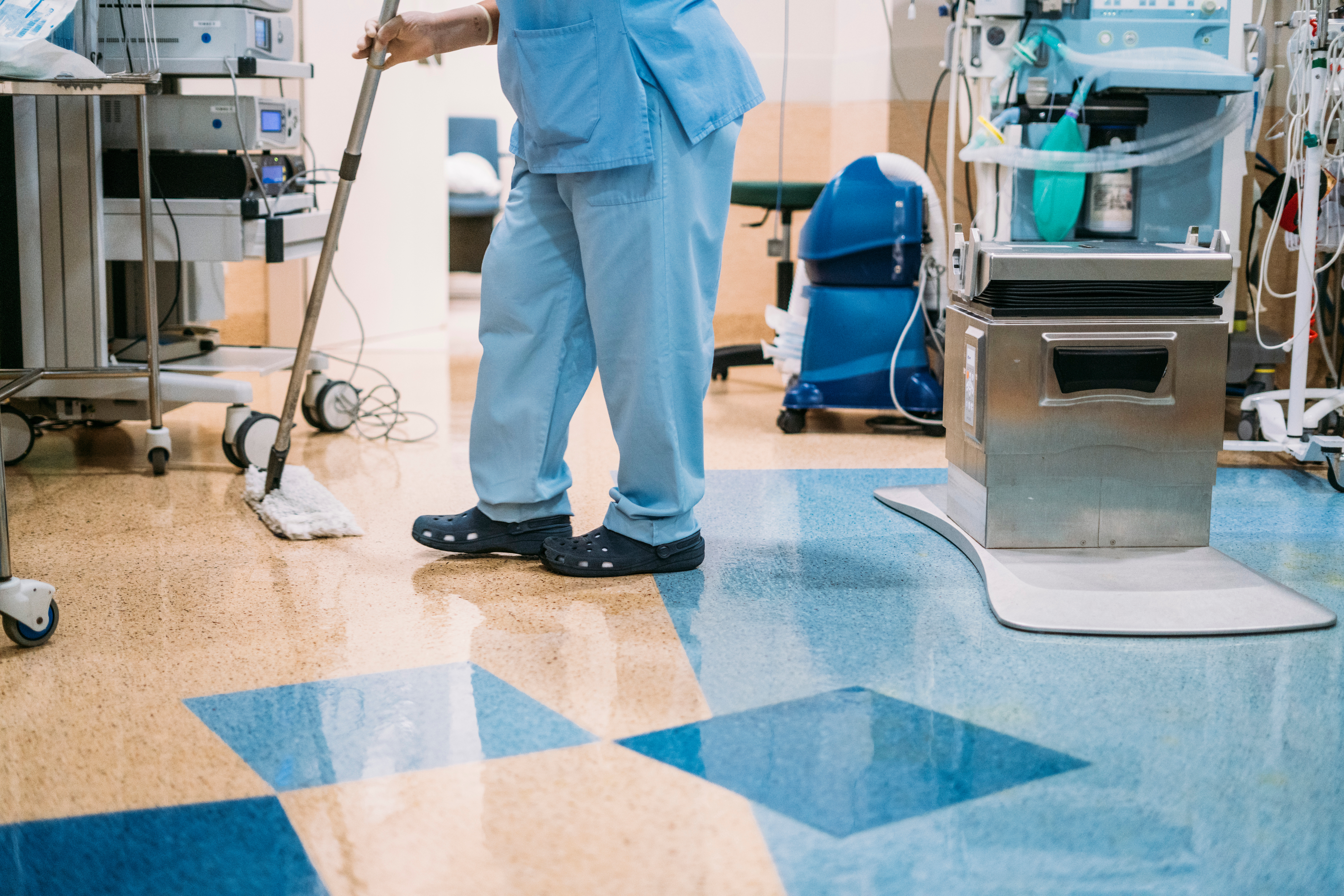
Common solutions to address HAIs include deploying disinfectants like bleach and hydrogen peroxide. Hypochlorous acid offers a faster, more effective alternative. When paired with automated fogging technologies, it can reduce turn times while enhancing disinfection efficacy.

For many people, work is more than just a means of making a living. Job Options bridges the gap for people with disabilities. Learn about our partner!
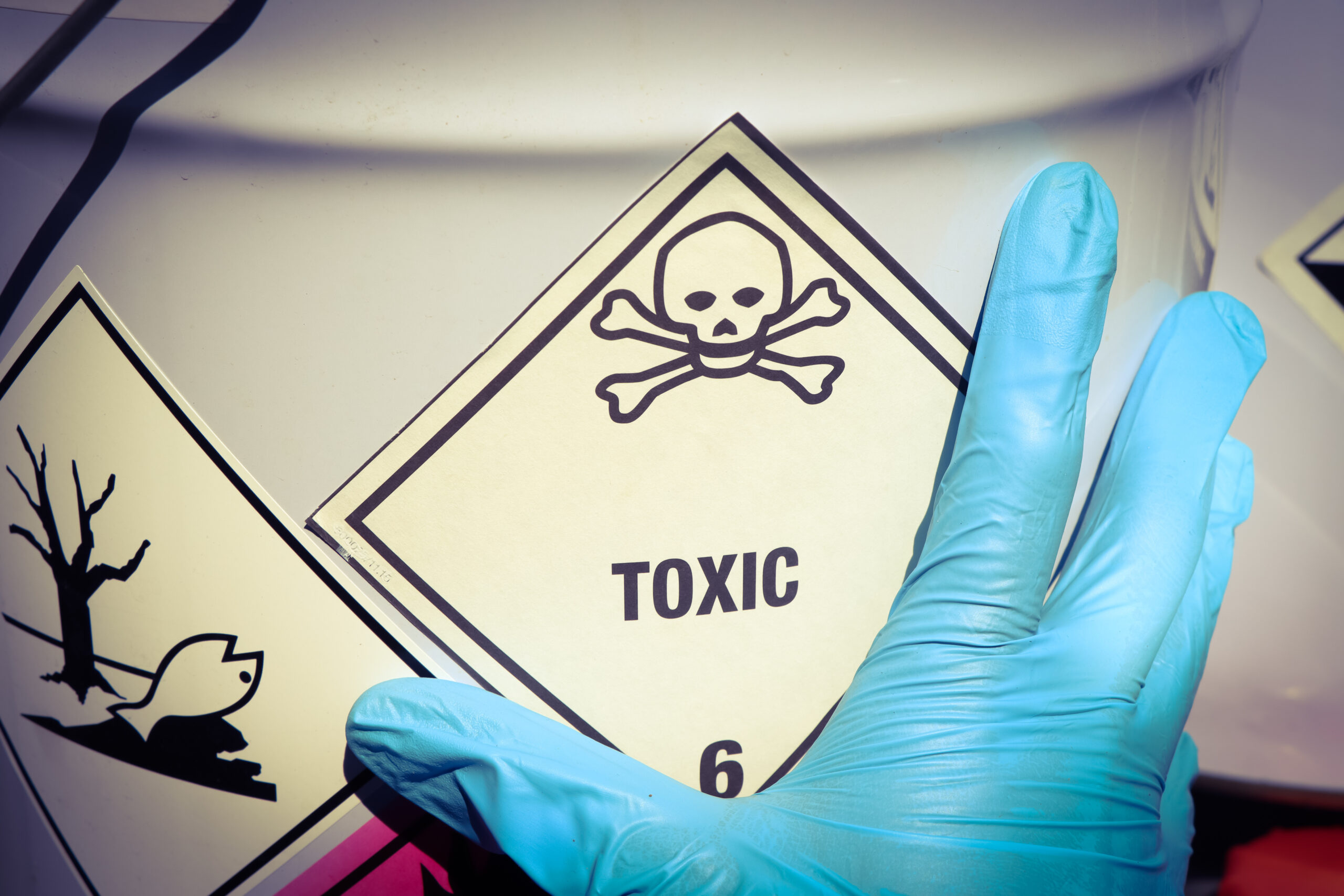
Hypochlorous acid is a powerful disinfectant capable of killing bacteria, fungi, and viruses. See how HOCl supports eco-friendly practices.
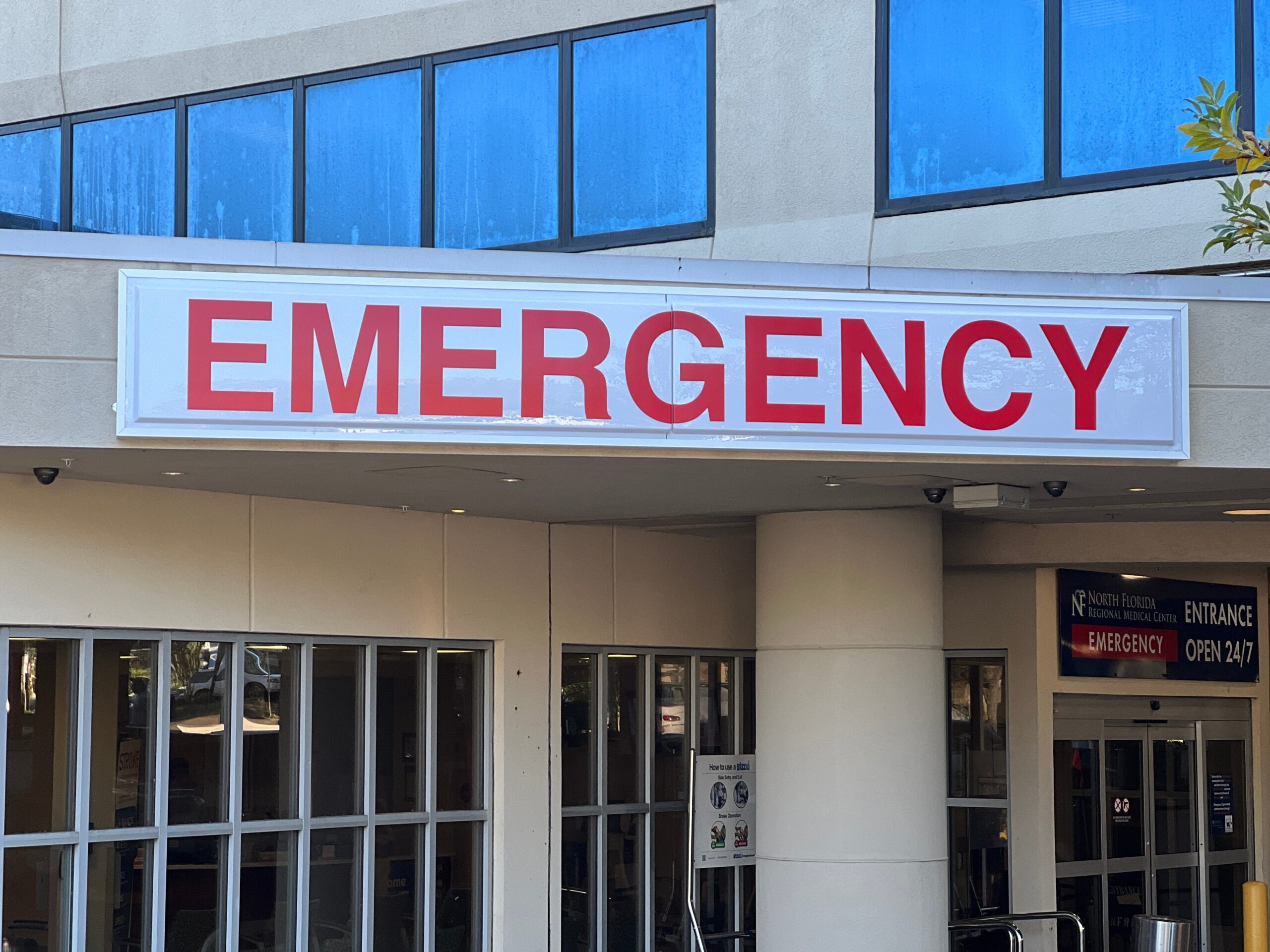
Several factors make the ER the primary place patients receive care. so longer wait times are an inevitable result. We need to solve this crisis.
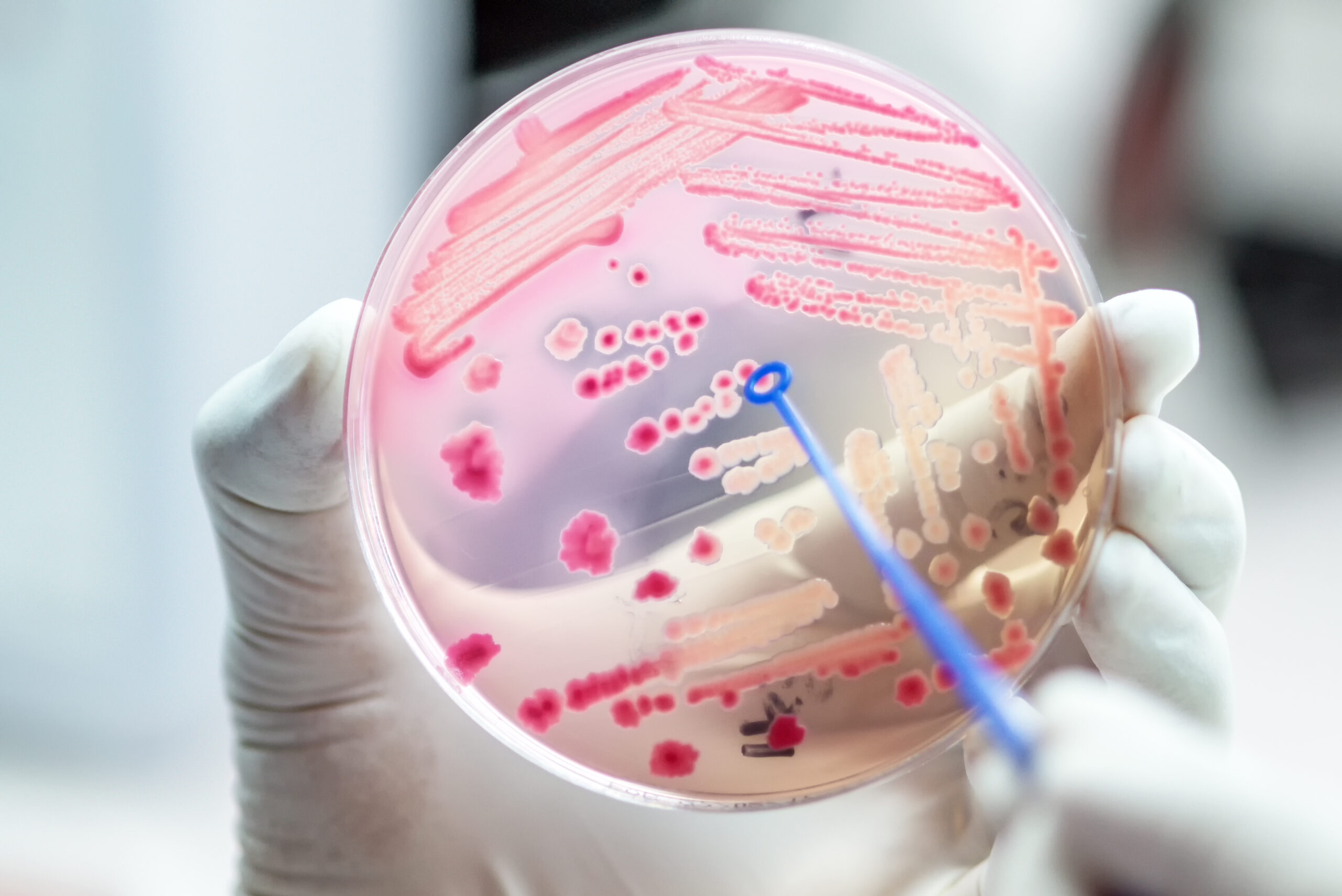
Nevoa highlights the critical challenges of antimicrobial resistance in healthcare settings & the innovative solutions required to combat it.

We aim to uncover the potential for emerging and hospital-ready technologies to enhance safety and efficiency in perioperative care.
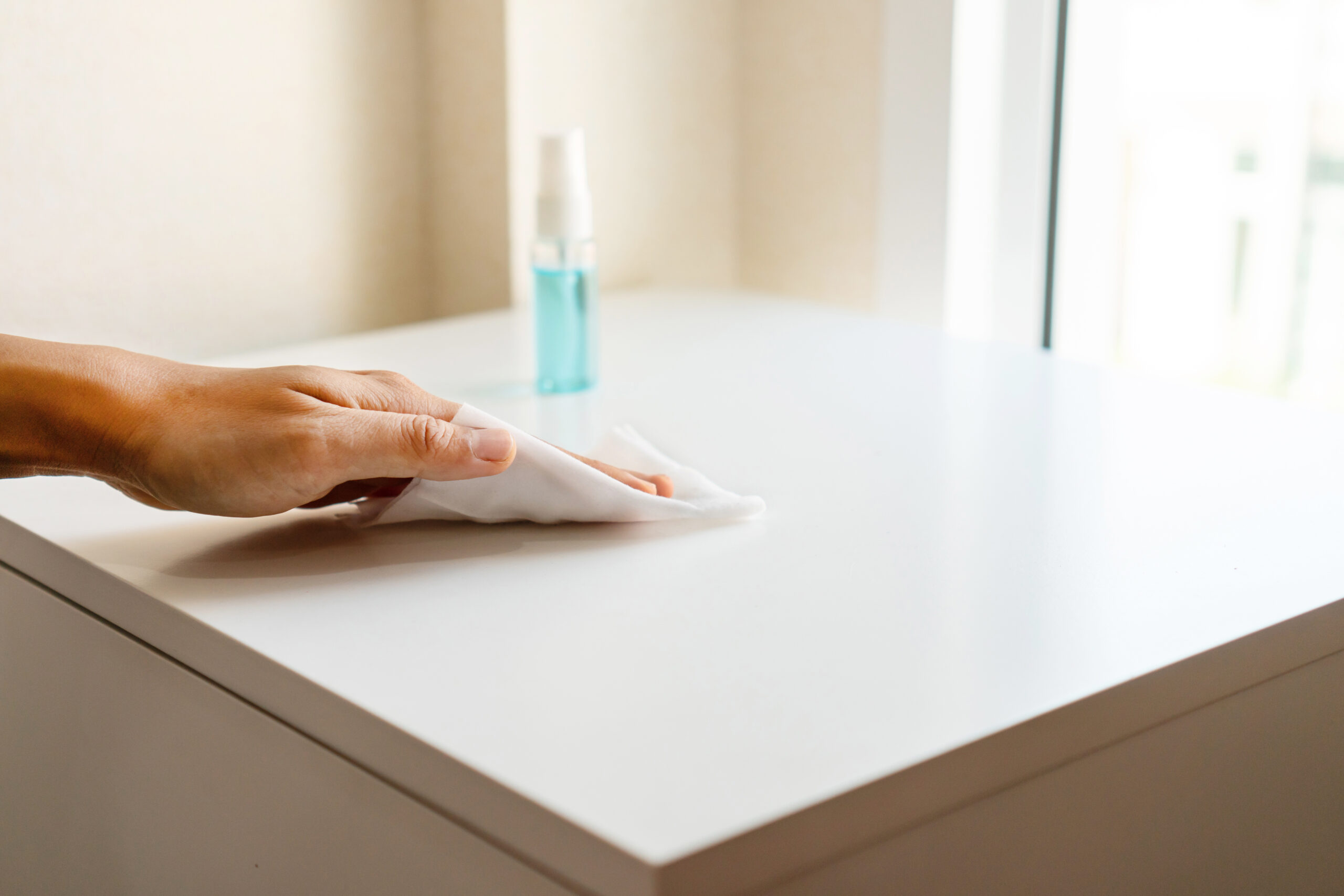
In principle, the idea of one wipe, one surface, one direction seems simple. In practice, it’s significantly more complicated. Learn about the challenges that arise from manual cleaning & disposable wipes.

Robotic-assisted surgeries have a demonstrated positive impact on SSI reduction, amplifying several factors that help healthcare providers operate more efficiently and effectively.

Healthcare providers must implement evidence-based strategies to reduce the risk of SSIs and other complications. Here are recent advances in perioperative infection prevention that can maximize patient outcomes.

Surgical site infections can be detrimental. Here are the top ways to prevent surgical site infections at your healthcare facility.

Here are the top five myths about fogging and the truth about its use in the healthcare setting.

There are steps we can take to elevate our awareness & improve our practices to minimize our environmental impact in healthcare settings.

Disinfection in a healthcare setting, and particularly within an operating room (OR), is both fundamental and uncompromisingly critical. When it comes to maximizing the impact of cleaning and disinfection, methodology matters.
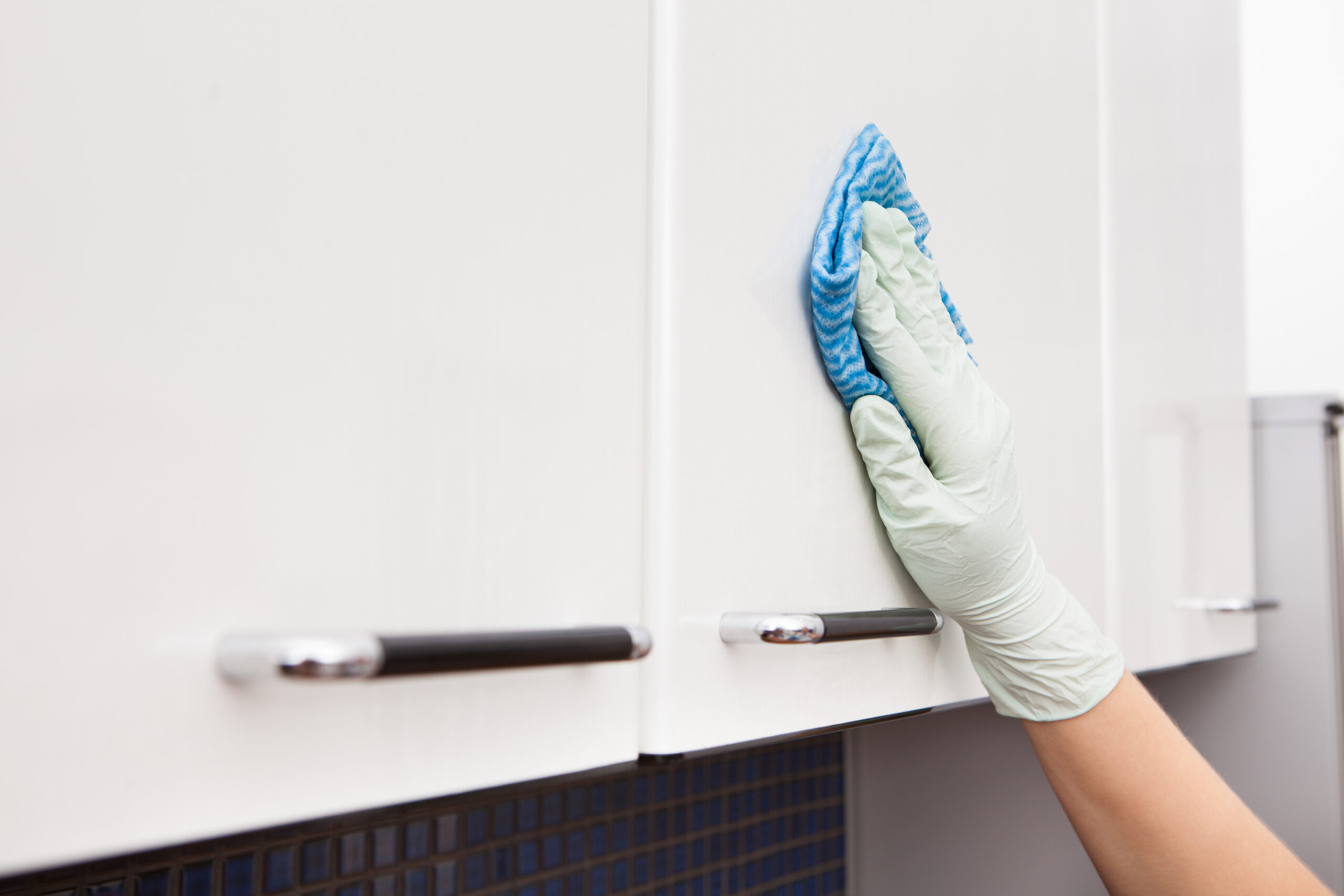
Maintaining a high standard of cleanliness & hygiene is essential. Here are five frightening truths about manual cleaning in healthcare settings.
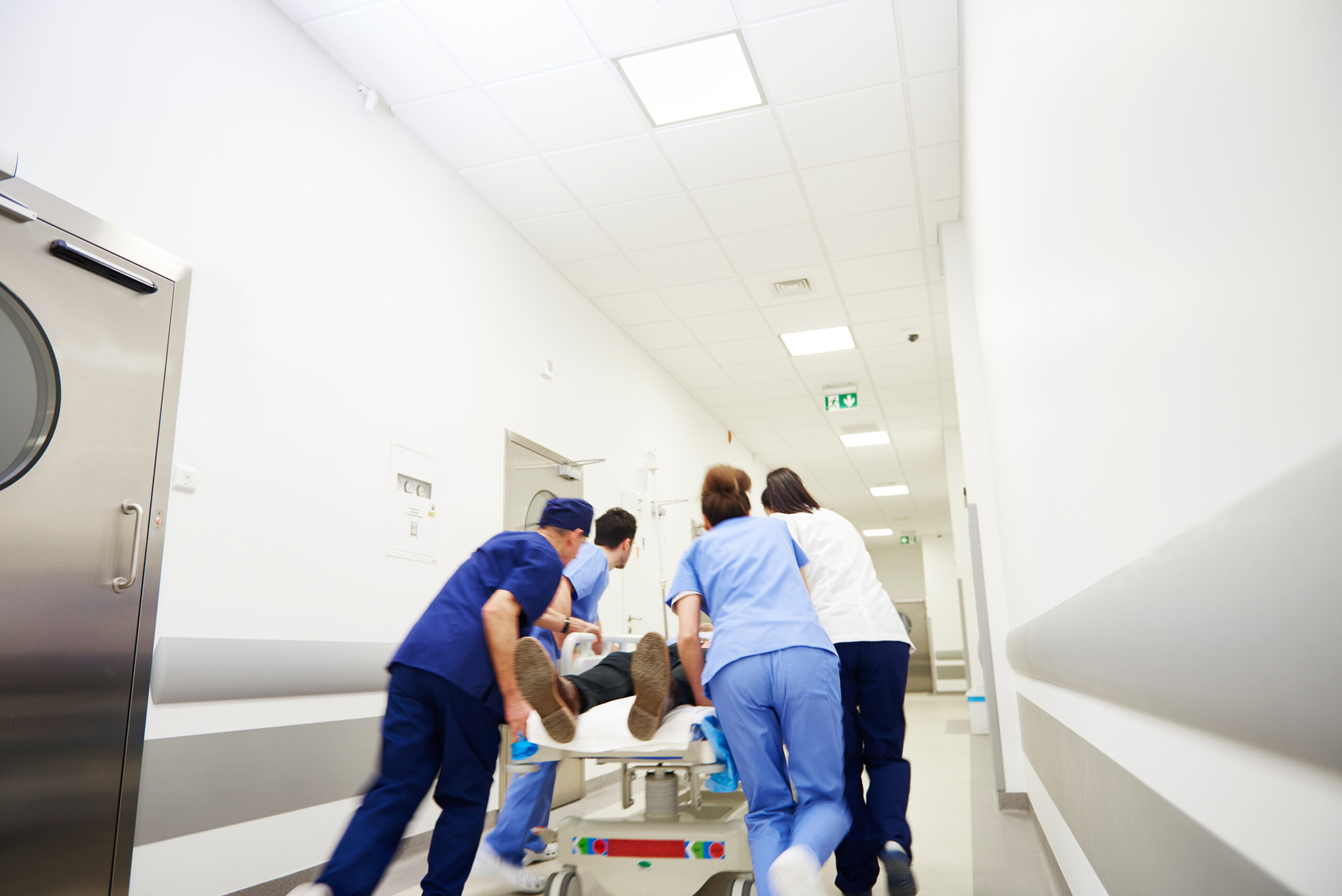
Learn to balance efficacy and efficiency in the battle against HAIs, and get actionable advice you can implement today in our new white paper: The Invisible Threat: Combating Healthcare-Associated Infections Without Compromise.

Advanced disinfection solutions that use sophisticated technologies to eliminate viruses and bacteria have become critical in the healthcare setting.

When it comes to protecting patient safety & promoting optimal patient outcomes in a healthcare setting, 1 of the biggest enemies is surgical site infections.
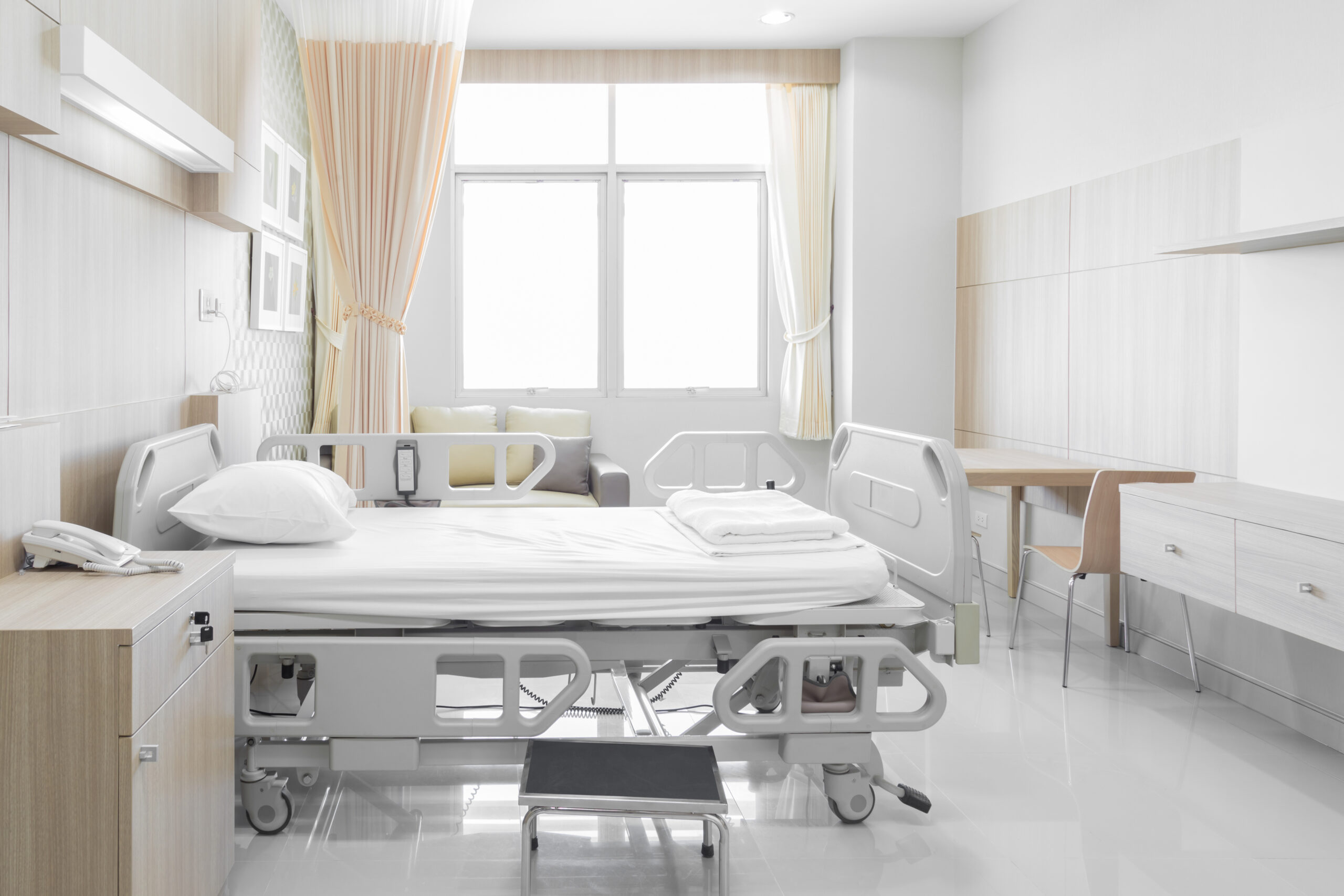
Hospital-associated infections (HAIs) are a major concern in healthcare facilities worldwide, putting patients at risk.
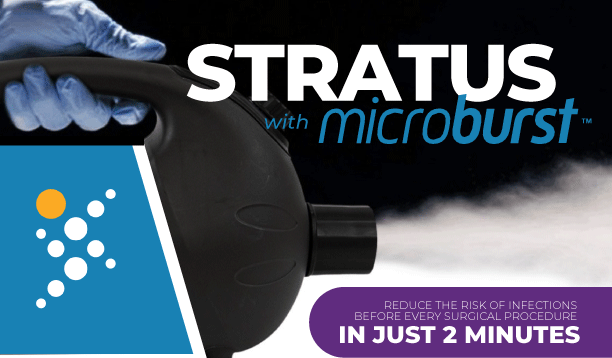
Our Stratus handheld fogger with Microburst hypochlorous acid (HOCI) kills 99.9999% of pathogens in just two minutes.

Nevoa, Inc., a leader in the field of automated whole-room disinfection, announced today that it has joined Innovators for Leapfrog.
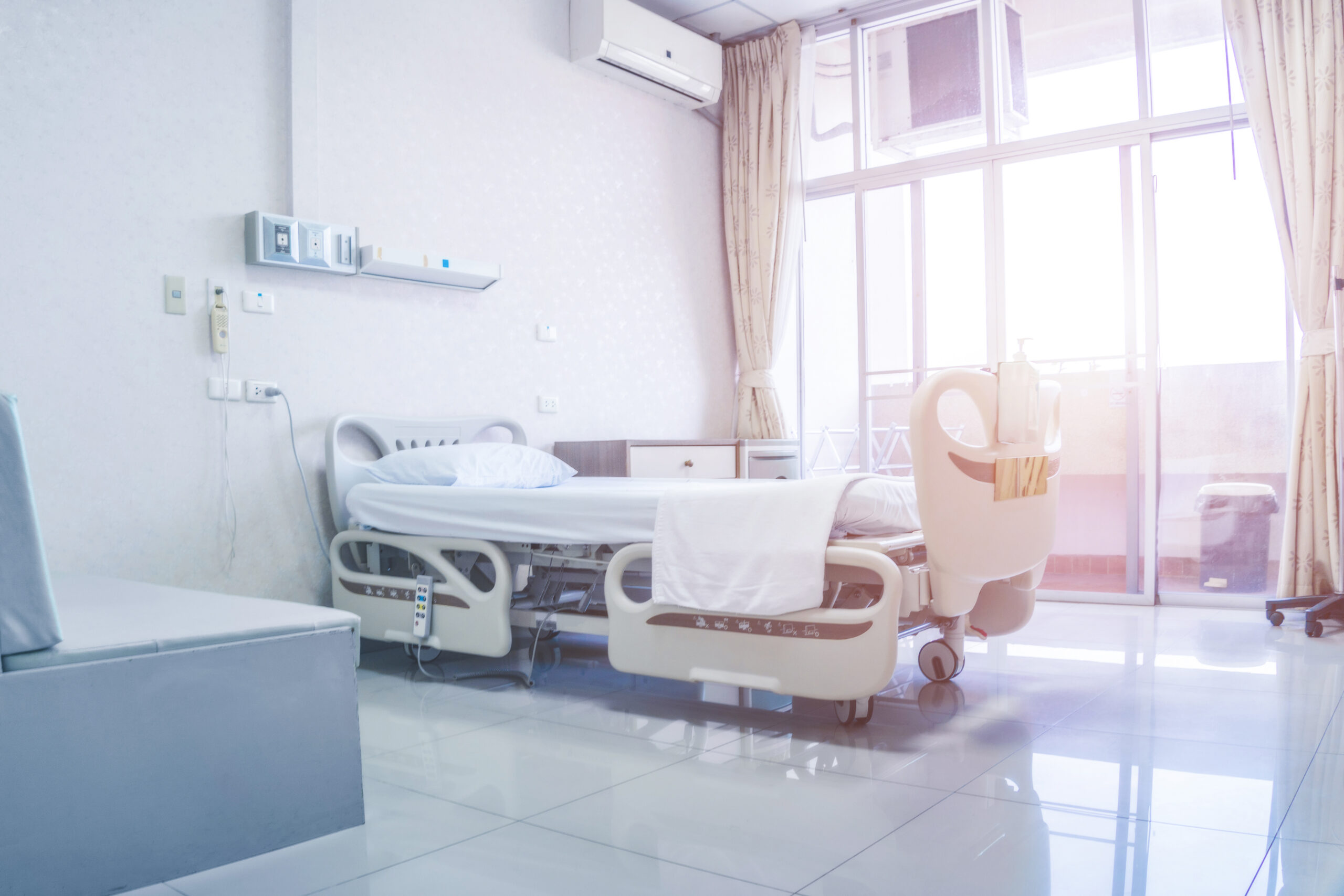
Hypochlorous acid (HOCl) is a powerful but often overlooked pH-neutral disinfectant capable of killing bacteria, fungi, and viruses.

Environmental surfaces contribute significantly to the transmission of pathogens in healthcare environments, putting patients and personnel at risk.

While countless pathogens can cause an HAI, one fungus, in particular, keeps hospital administrators up at night: Candida auris (C. auris), a multi-drug resistant fungus.
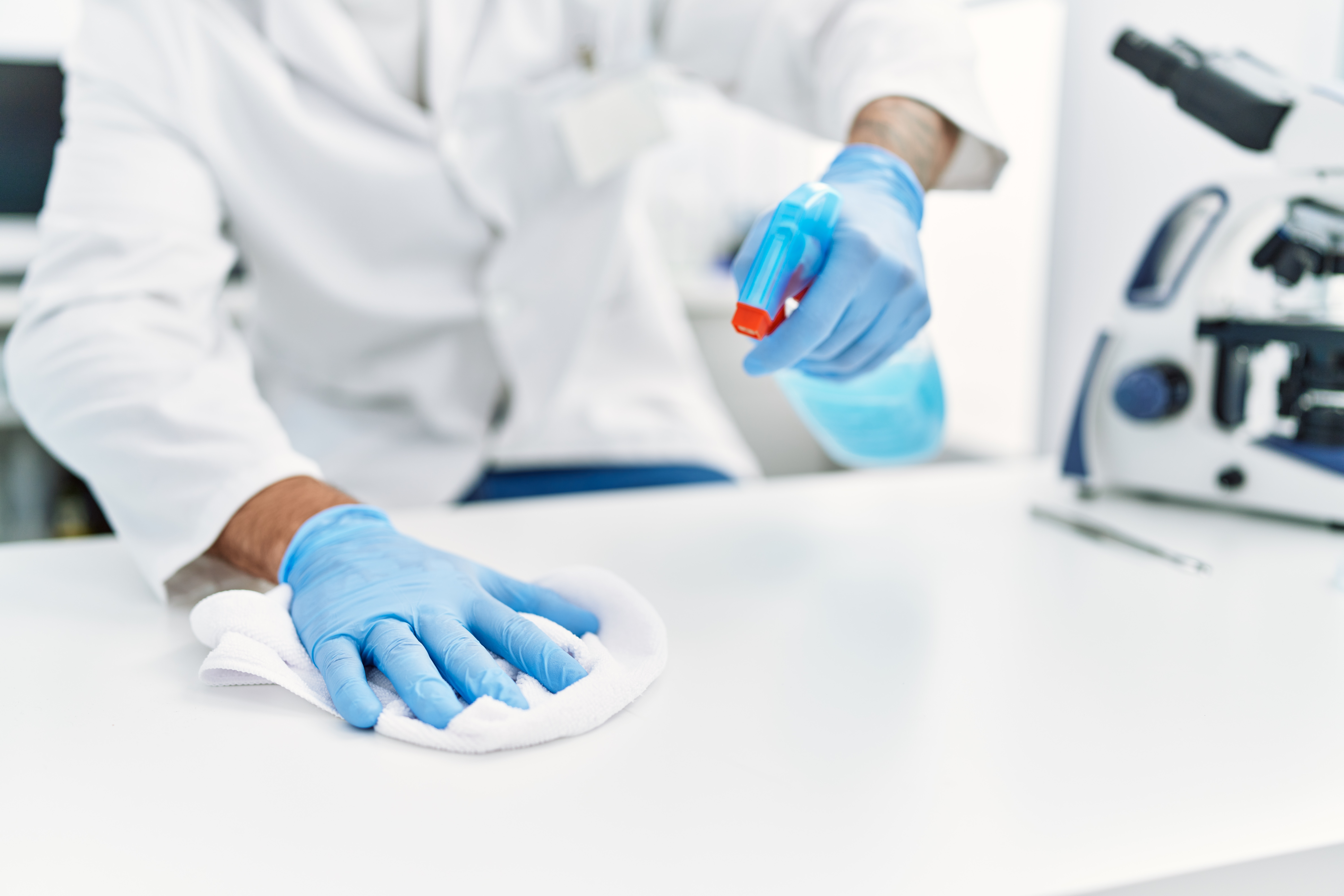
Choosing the right disinfection method can help you maintain a healthy hospital environment and ensure patient safety.
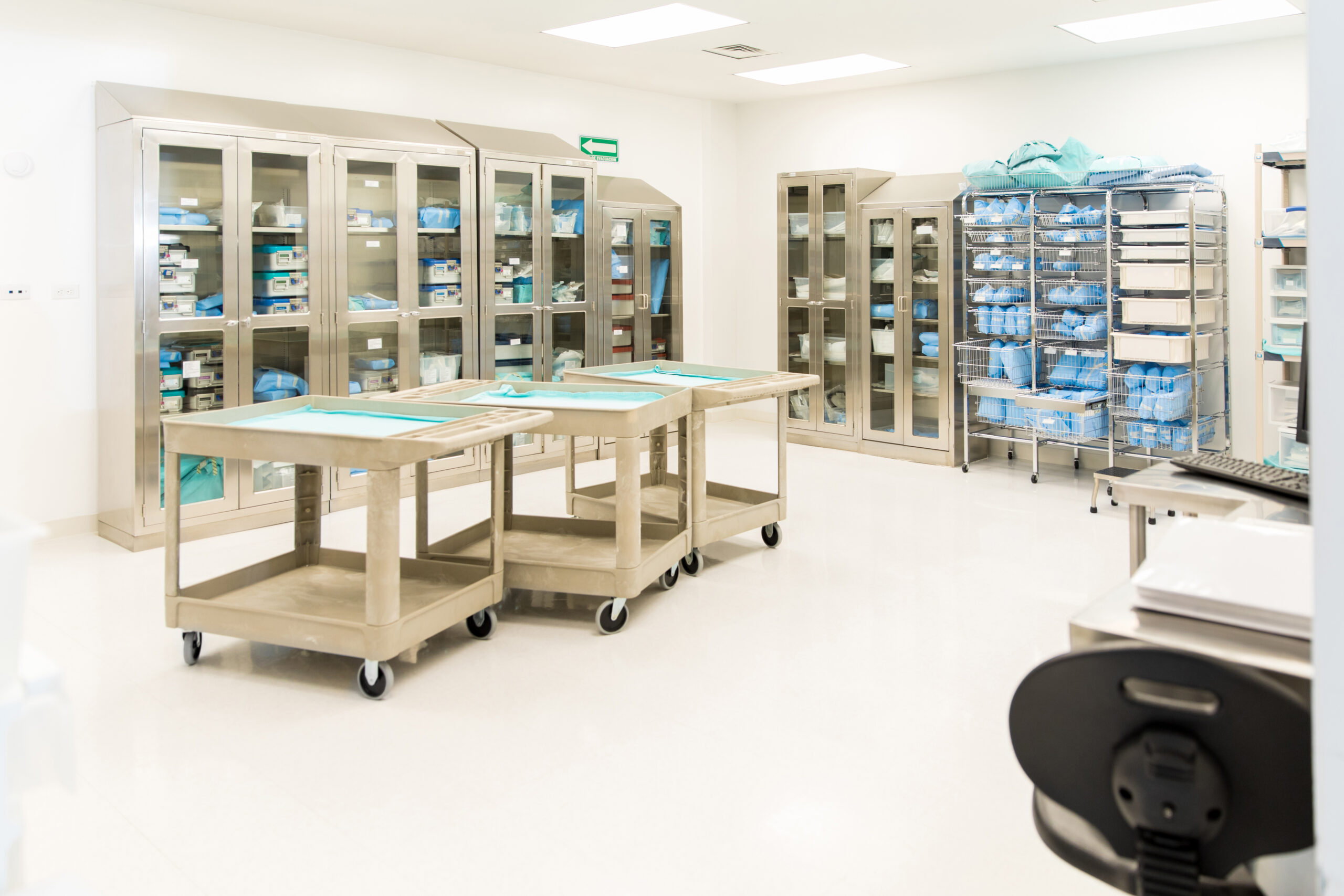
Infection control in hospitals is essential, helping prevent hospital-acquired infections (HAI), protecting vulnerable individuals, and maintaining a safe environment for frontline workers.